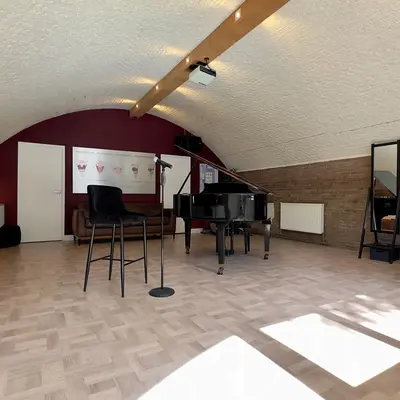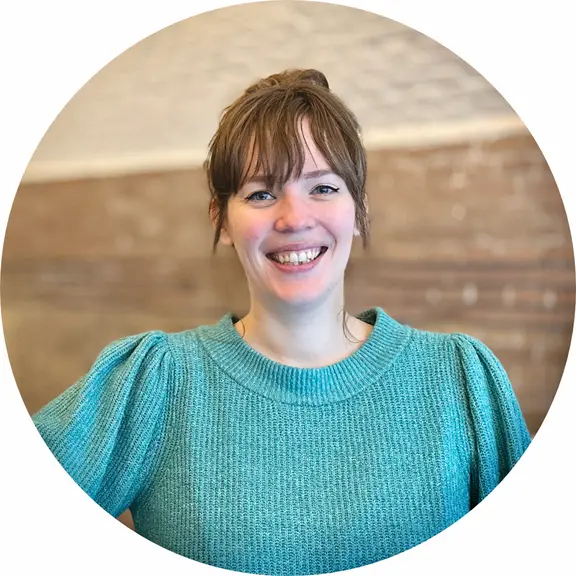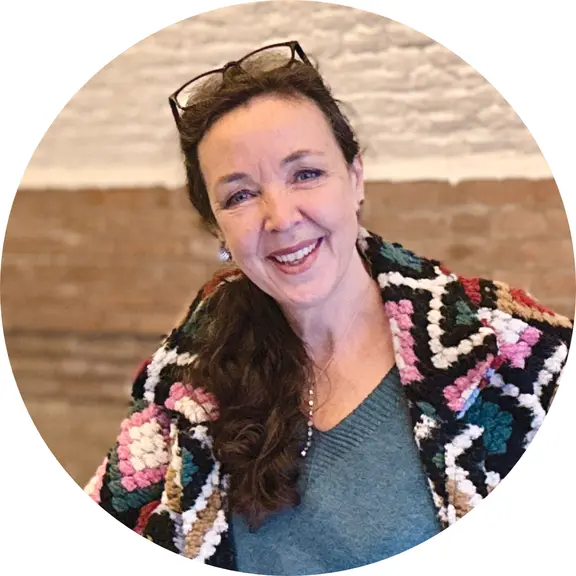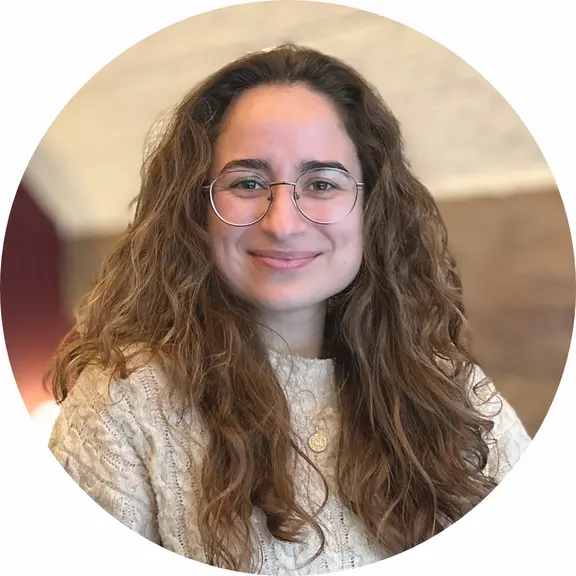Online Singing Lessons at Zangstudio Roel Bakkum
Our online singing lessons offer you the flexibility and comfort of learning from your own home while still receiving personal and effective guidance.
All our offline singing, voice, and music theory training offered in our Amsterdam studio can also be followed online! For these lessons, we use FaceTime, Skype, and Zoom. 'On demand feedback' is given via Marco Polo.
Online singing lessons are excellent for deepening technical skills. If you have a good mic and stable internet connection, then you’re ready to go!
Our team consists of coaches with a broad background. They teach or have taught at conservatories at home and abroad, can be found performing in various genres, and are speech therapists and/or qualified in singing methods used worldwide.
Tell me more about






